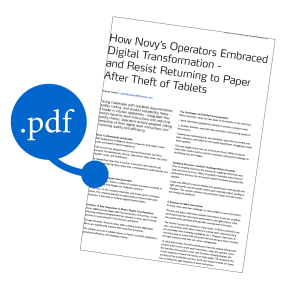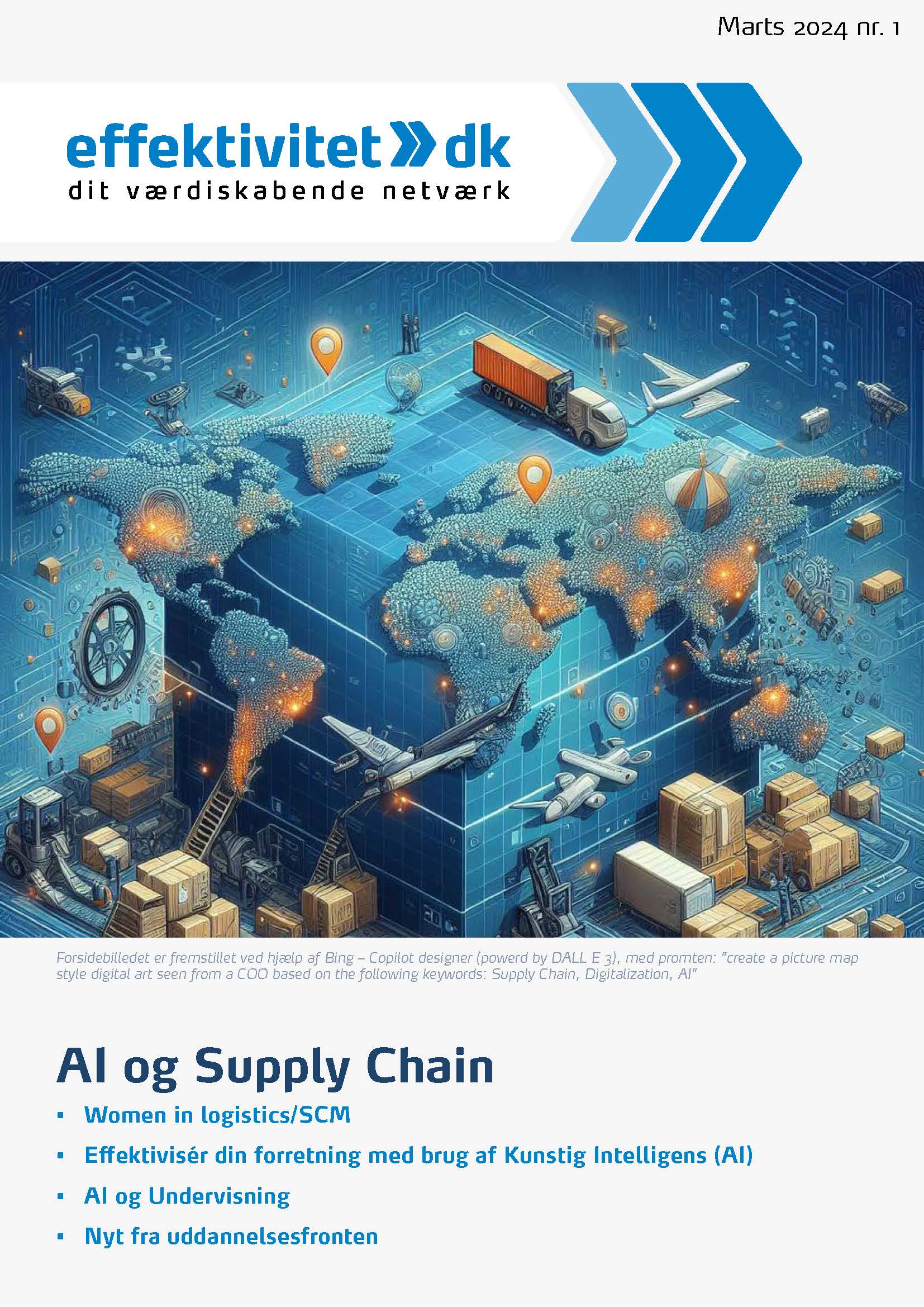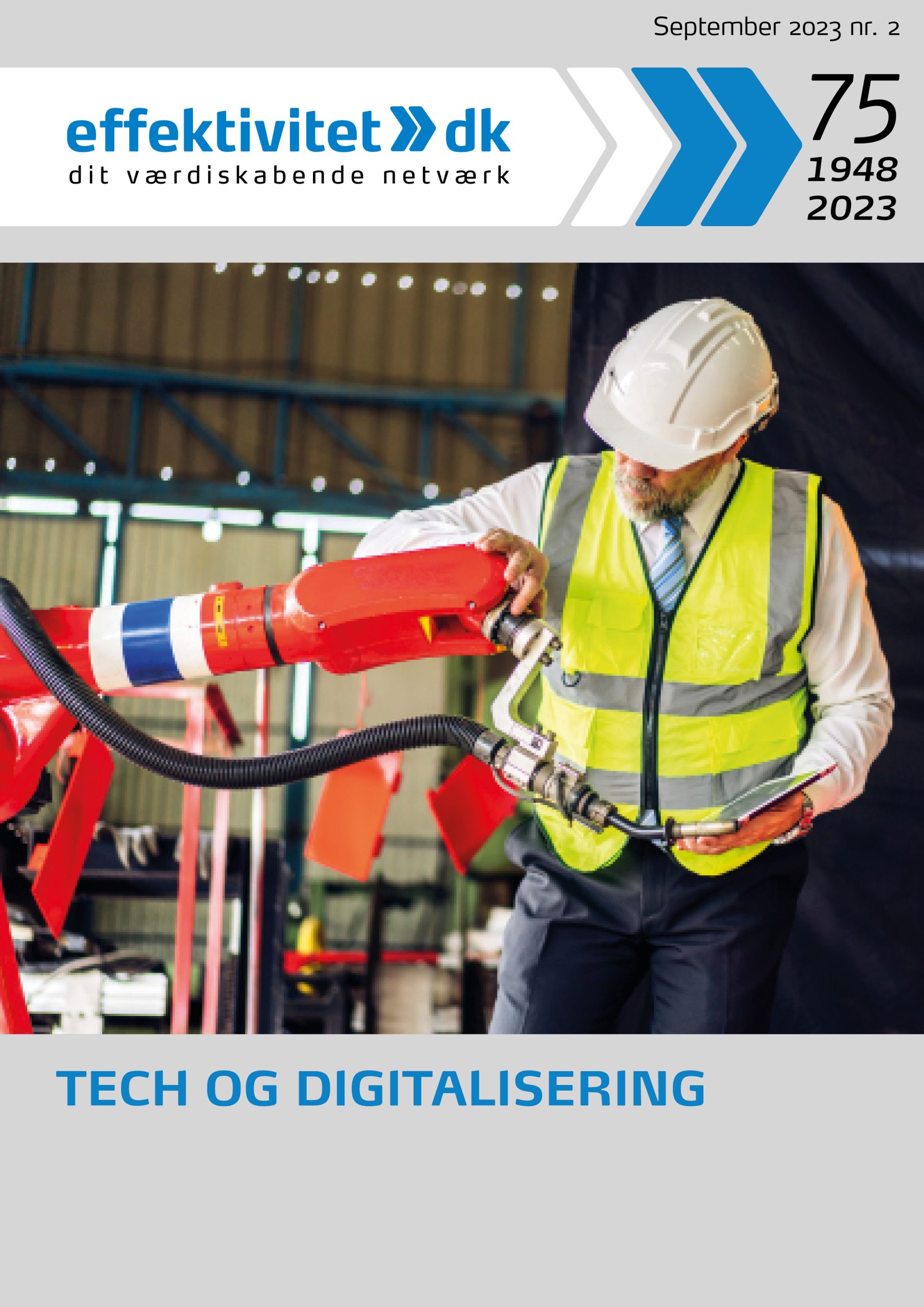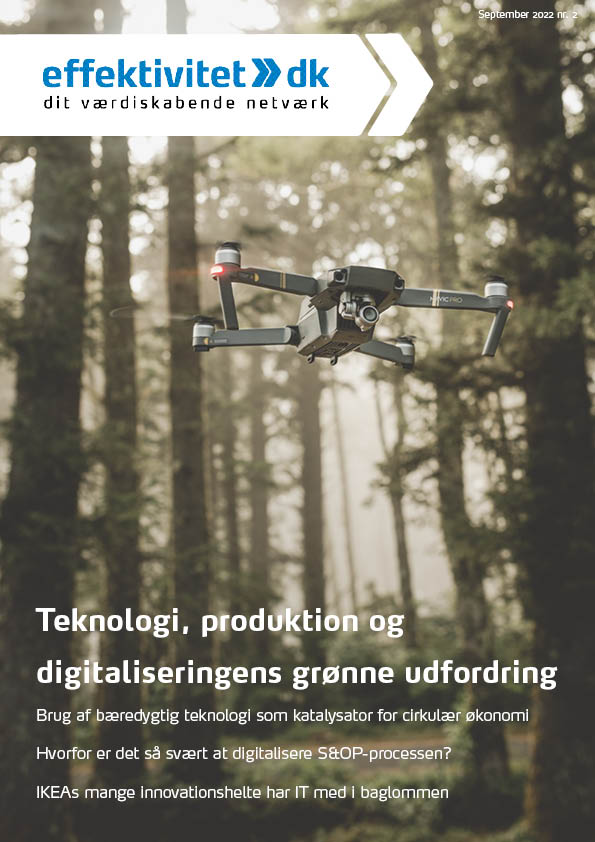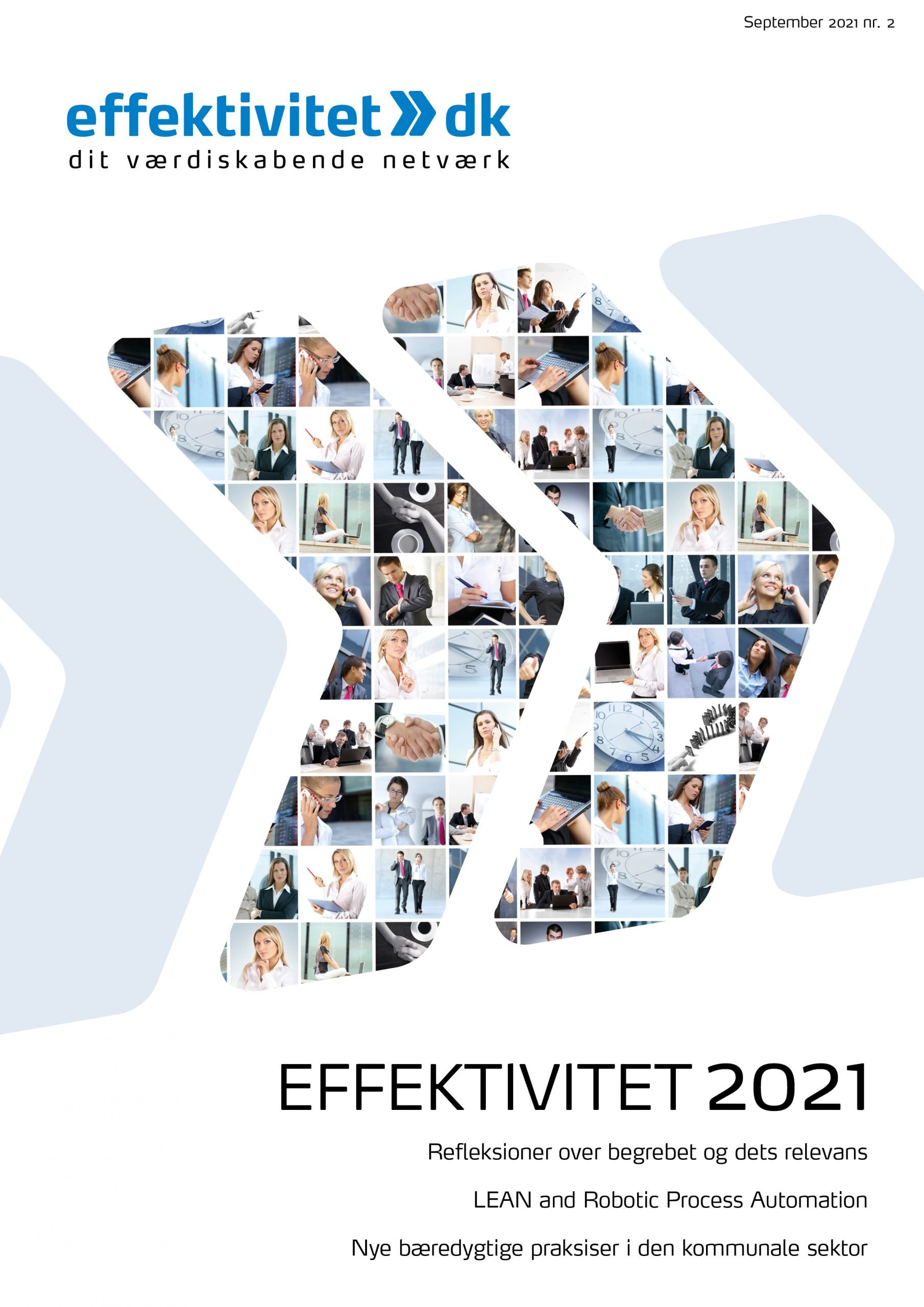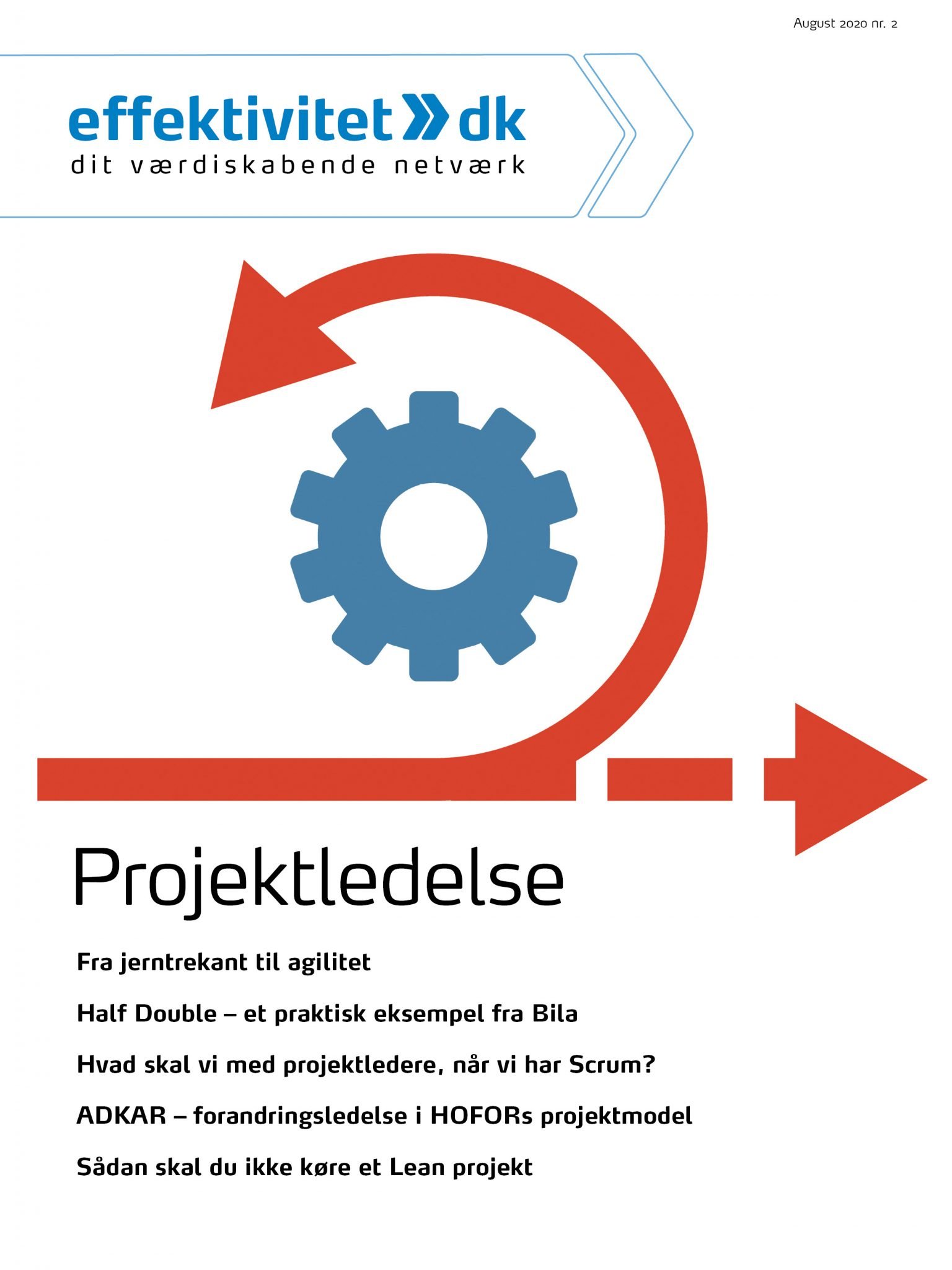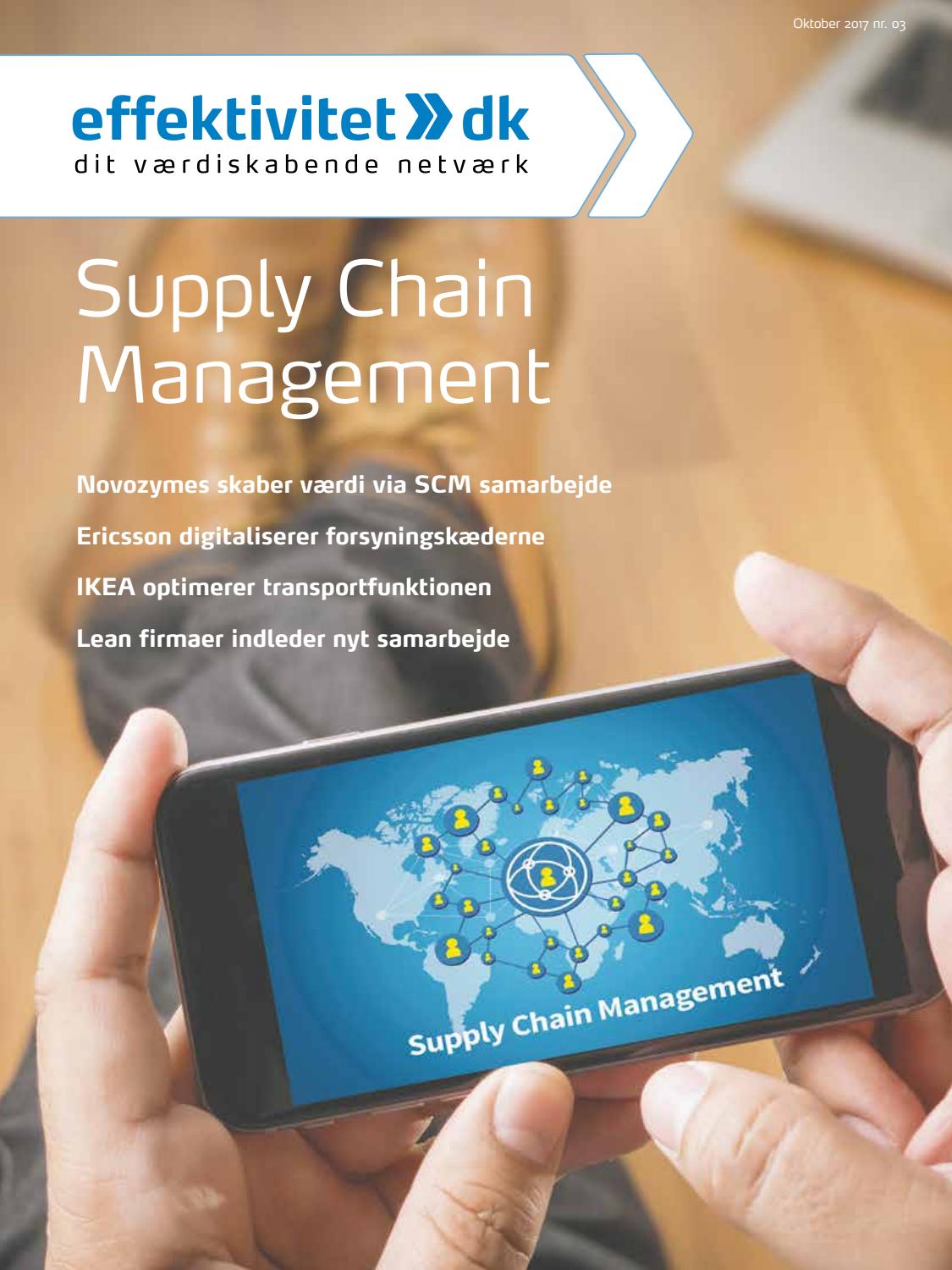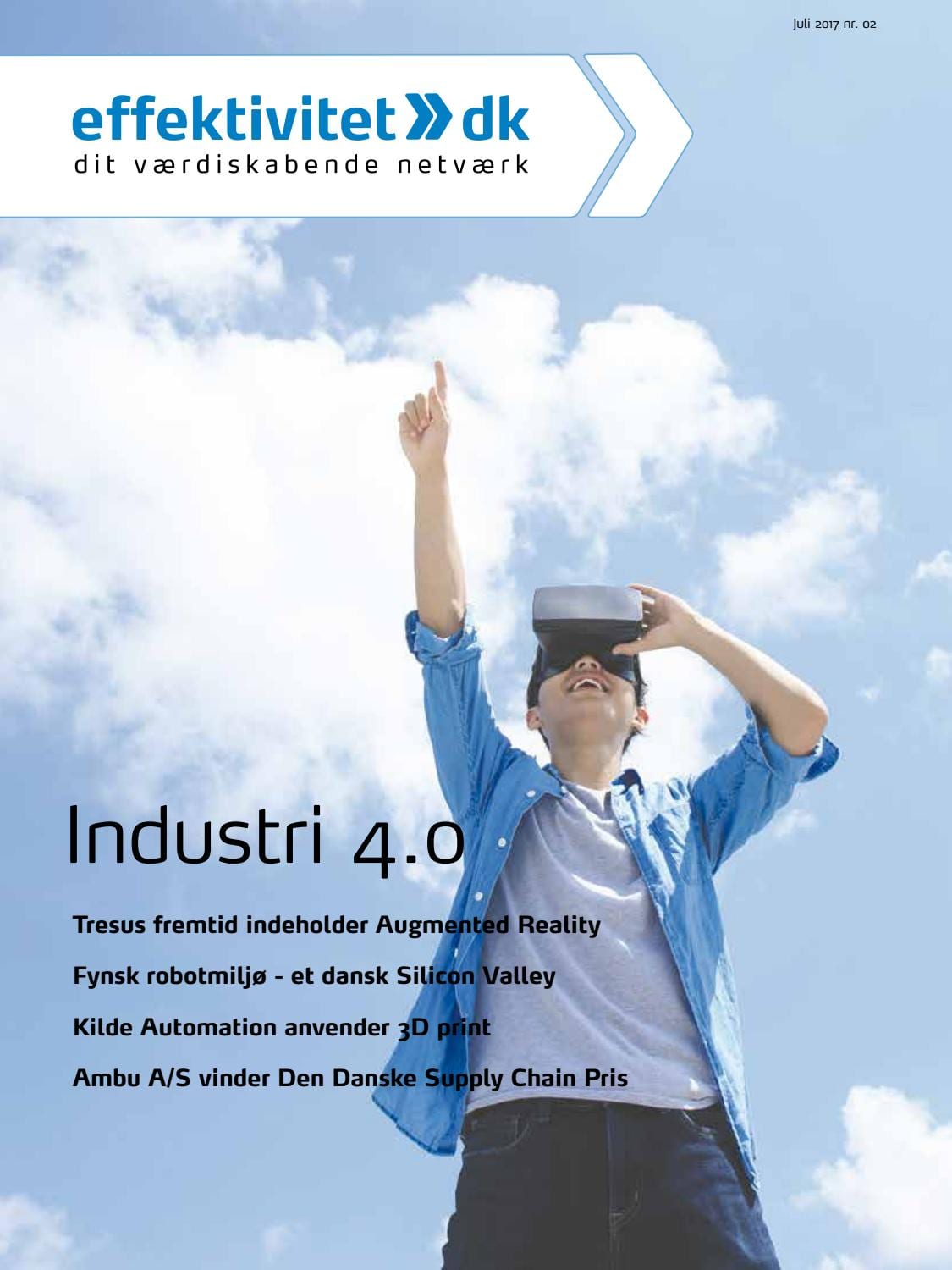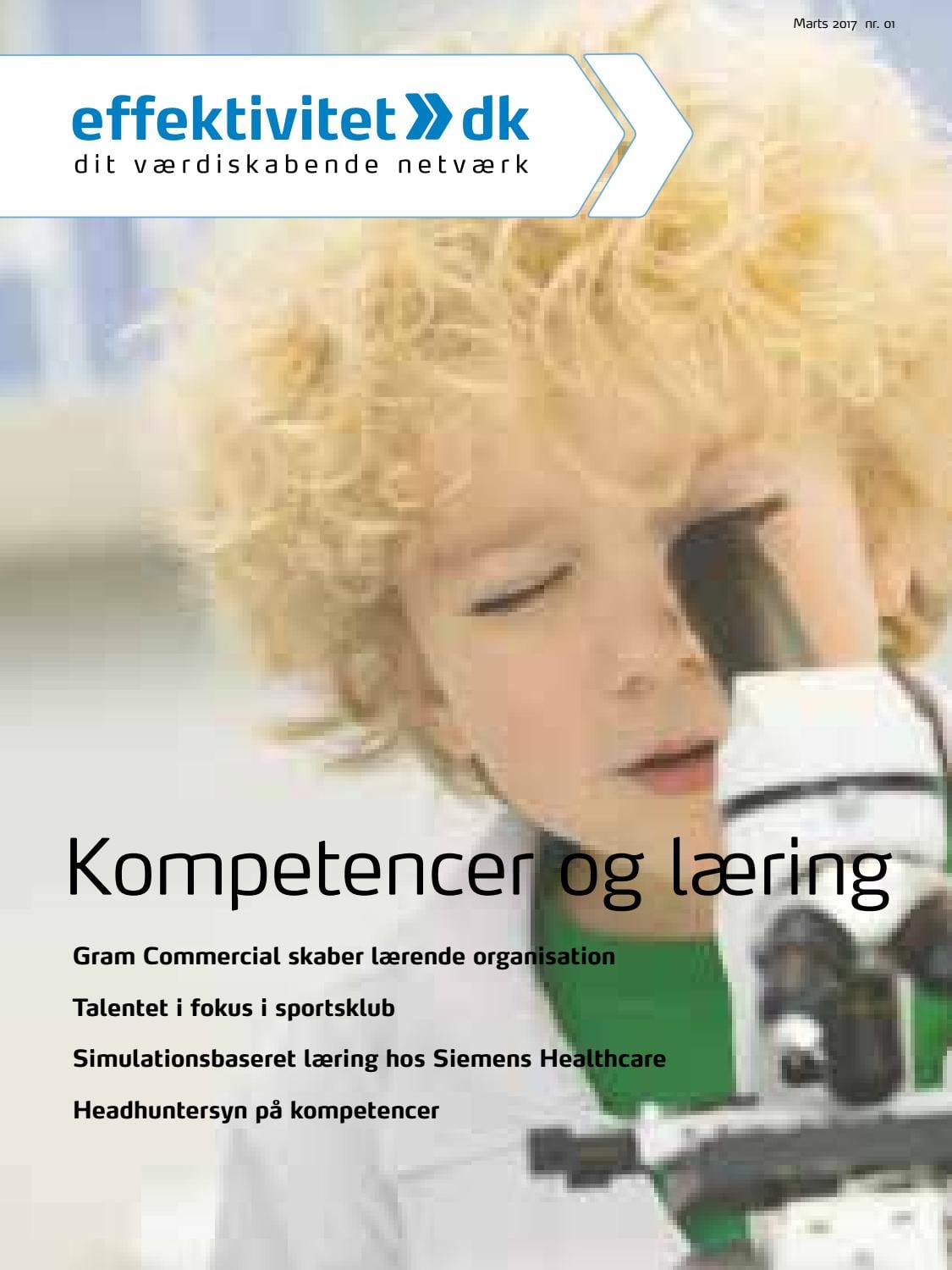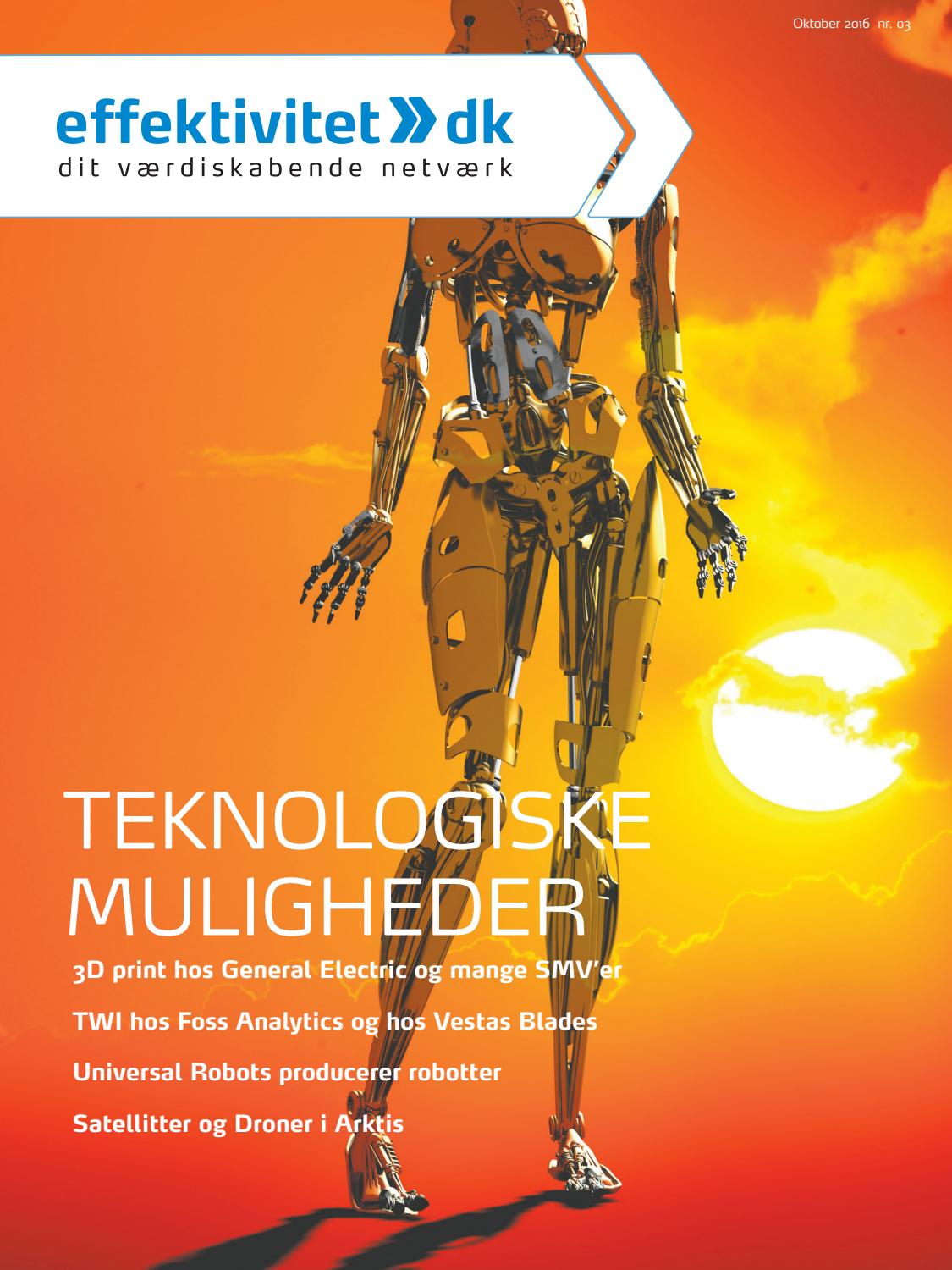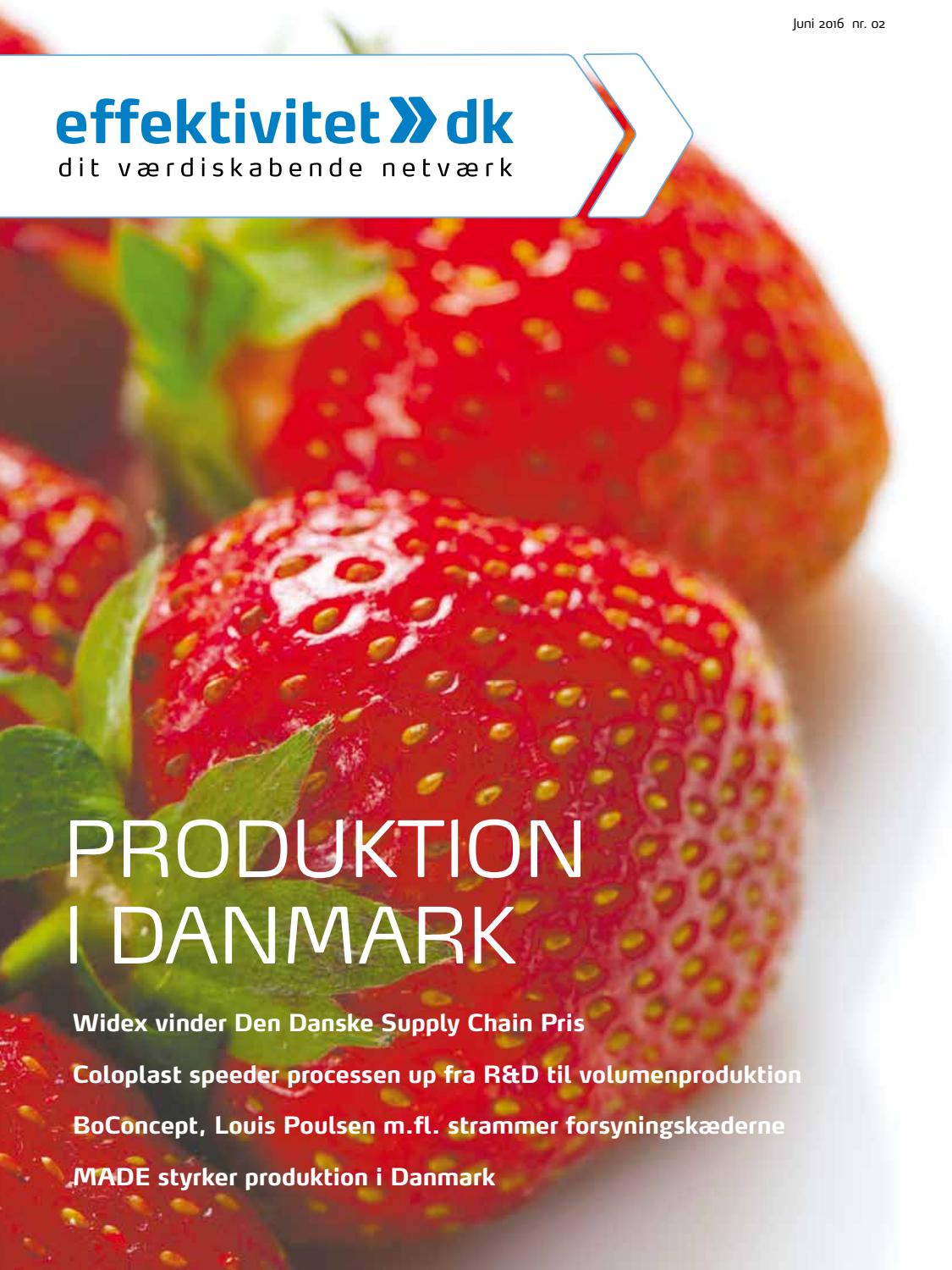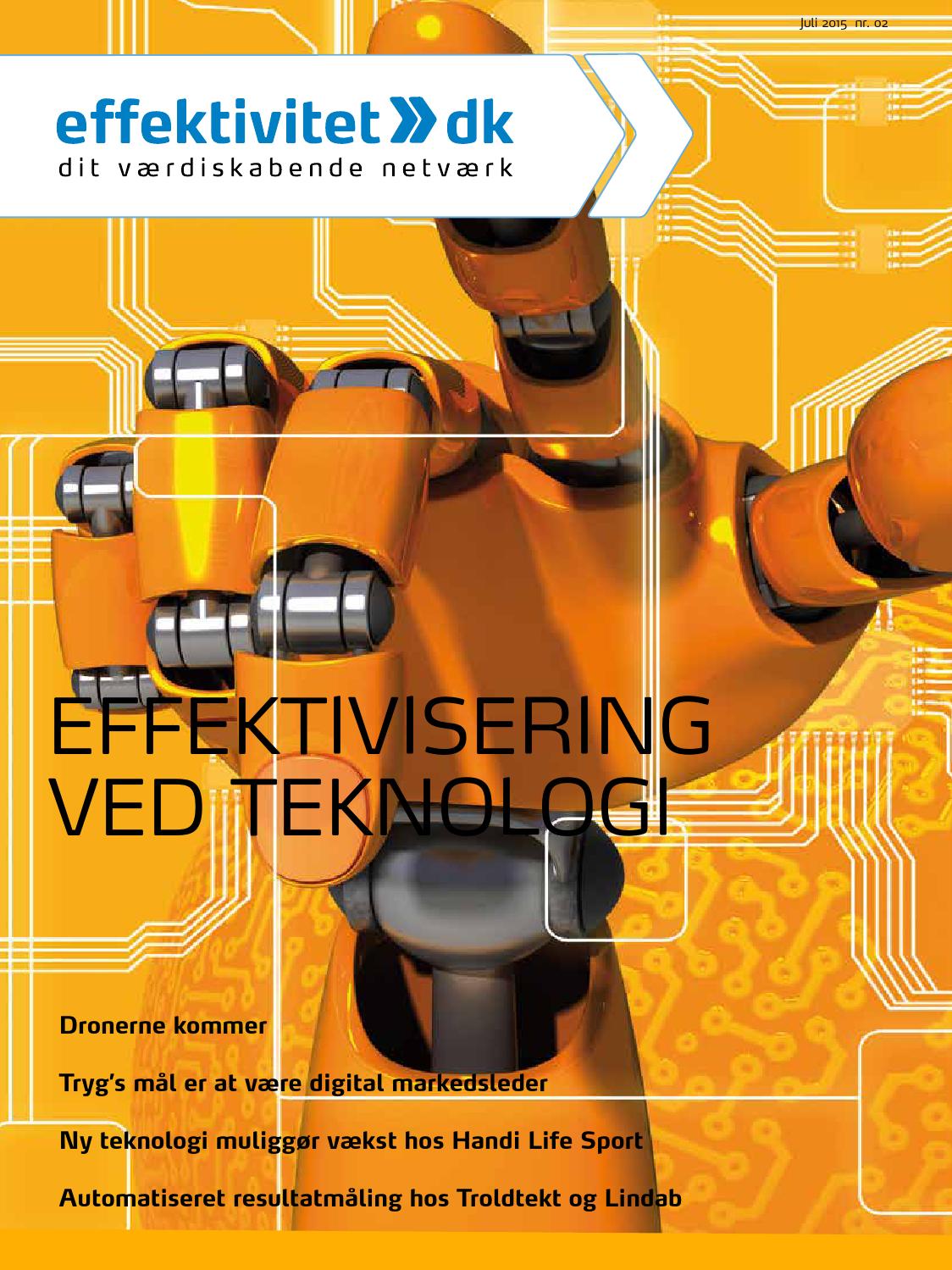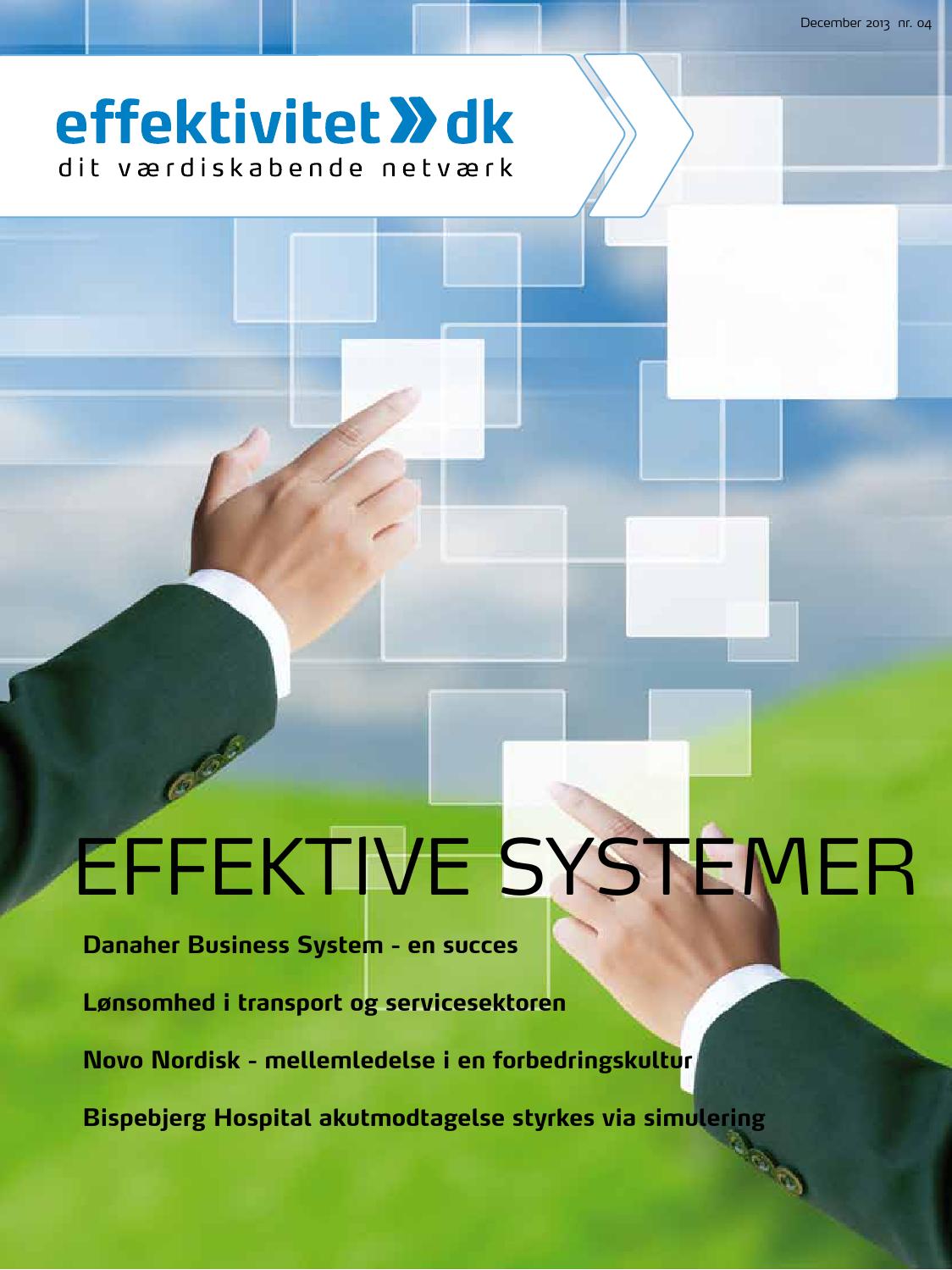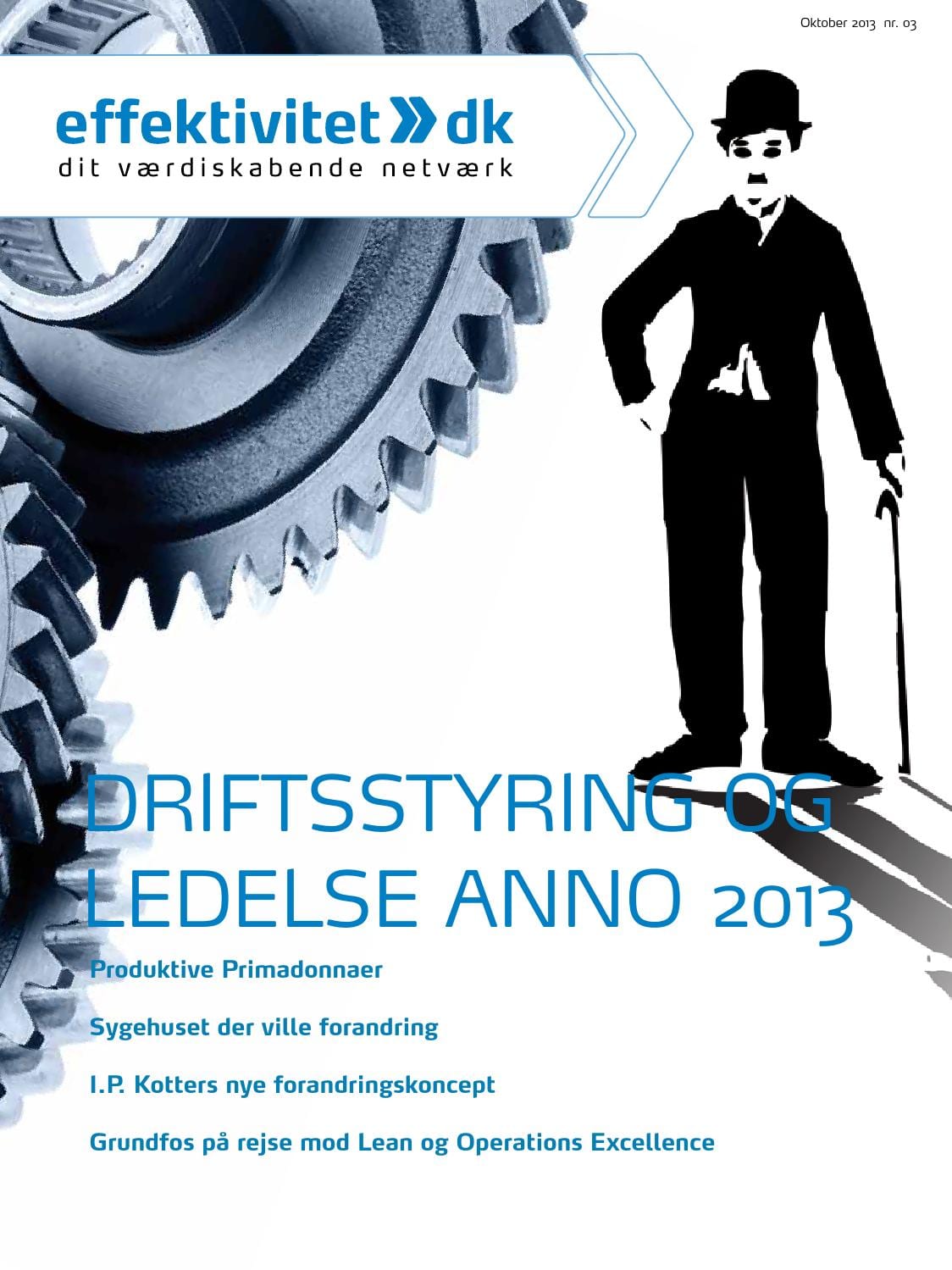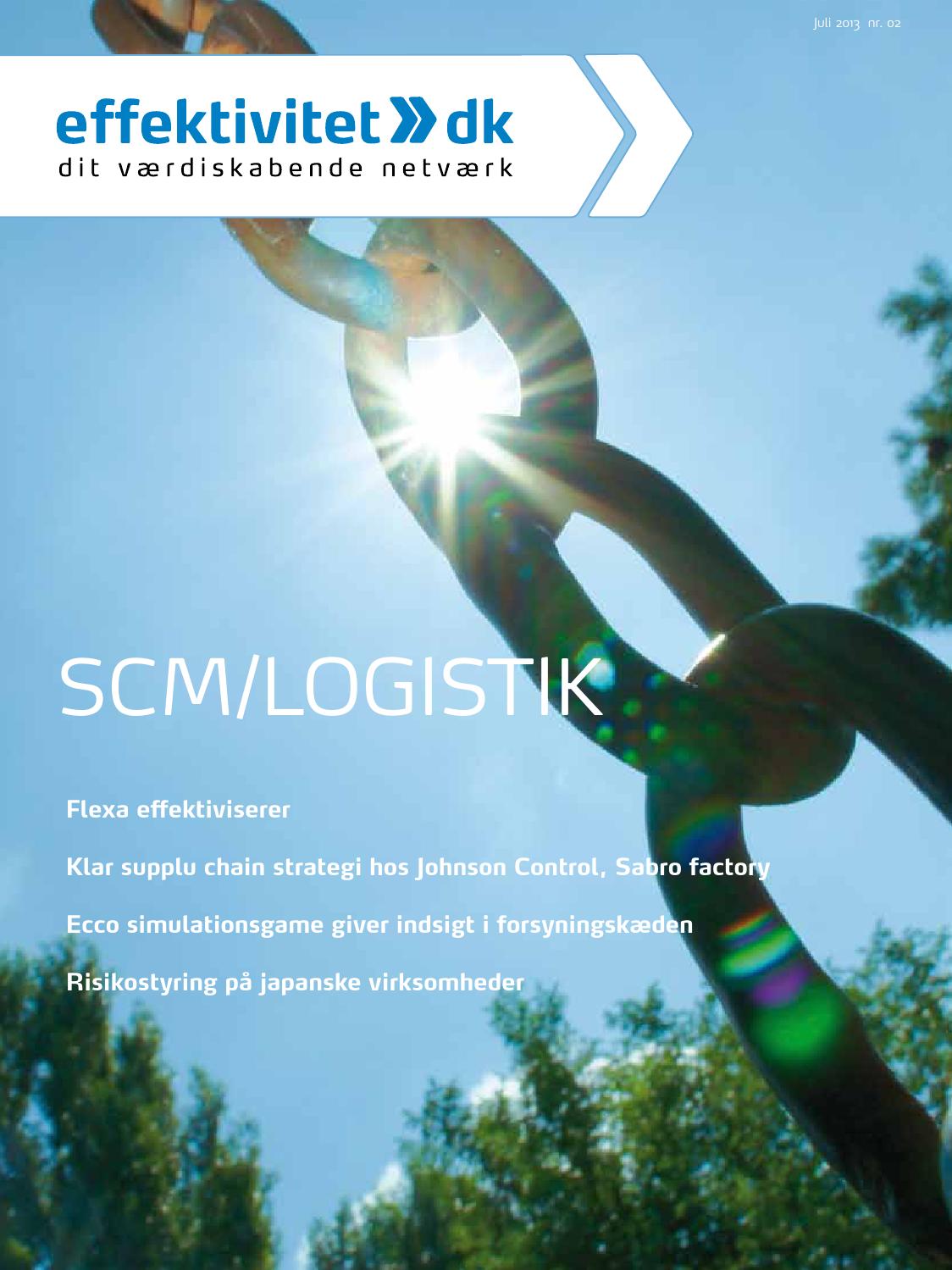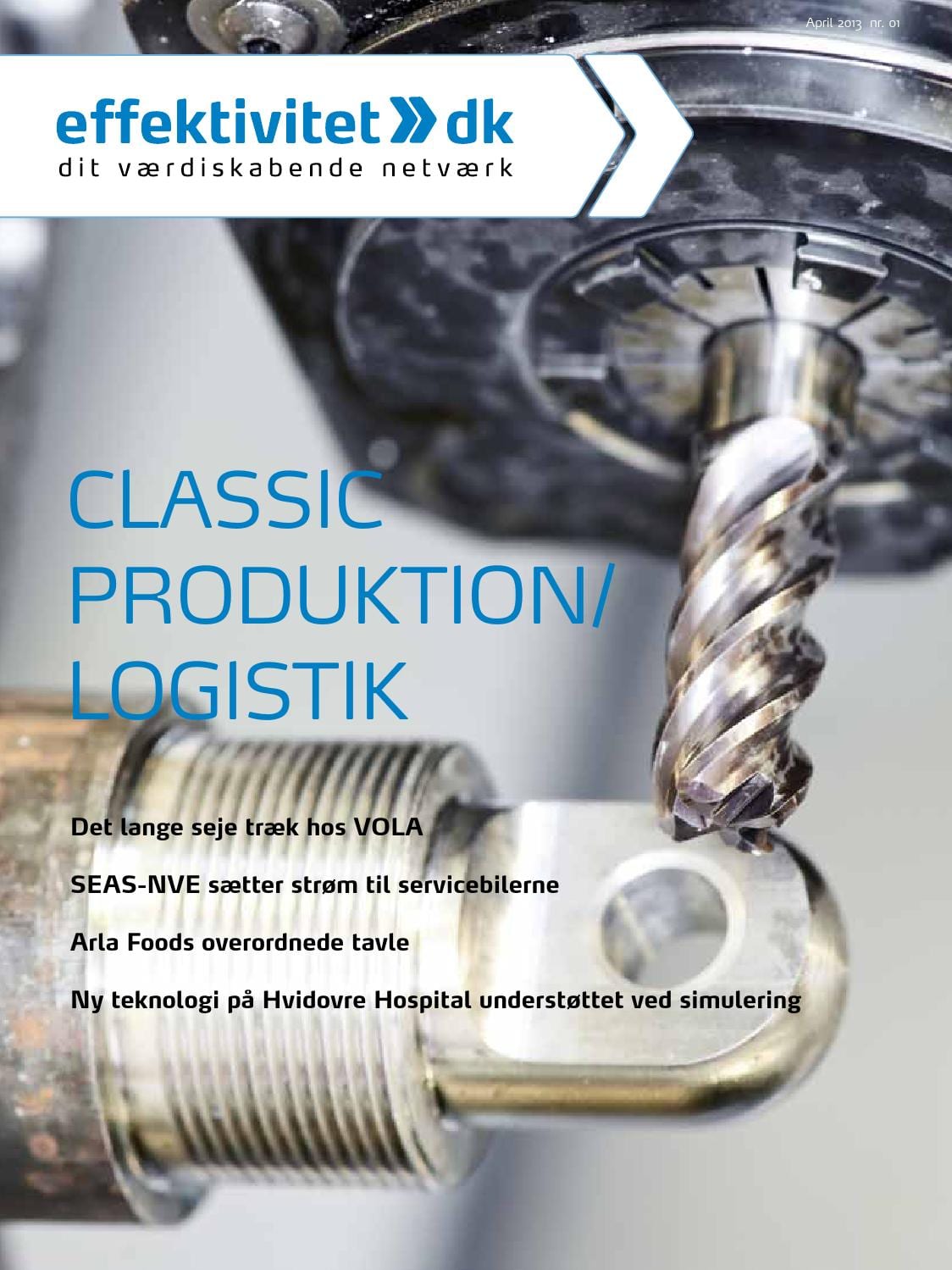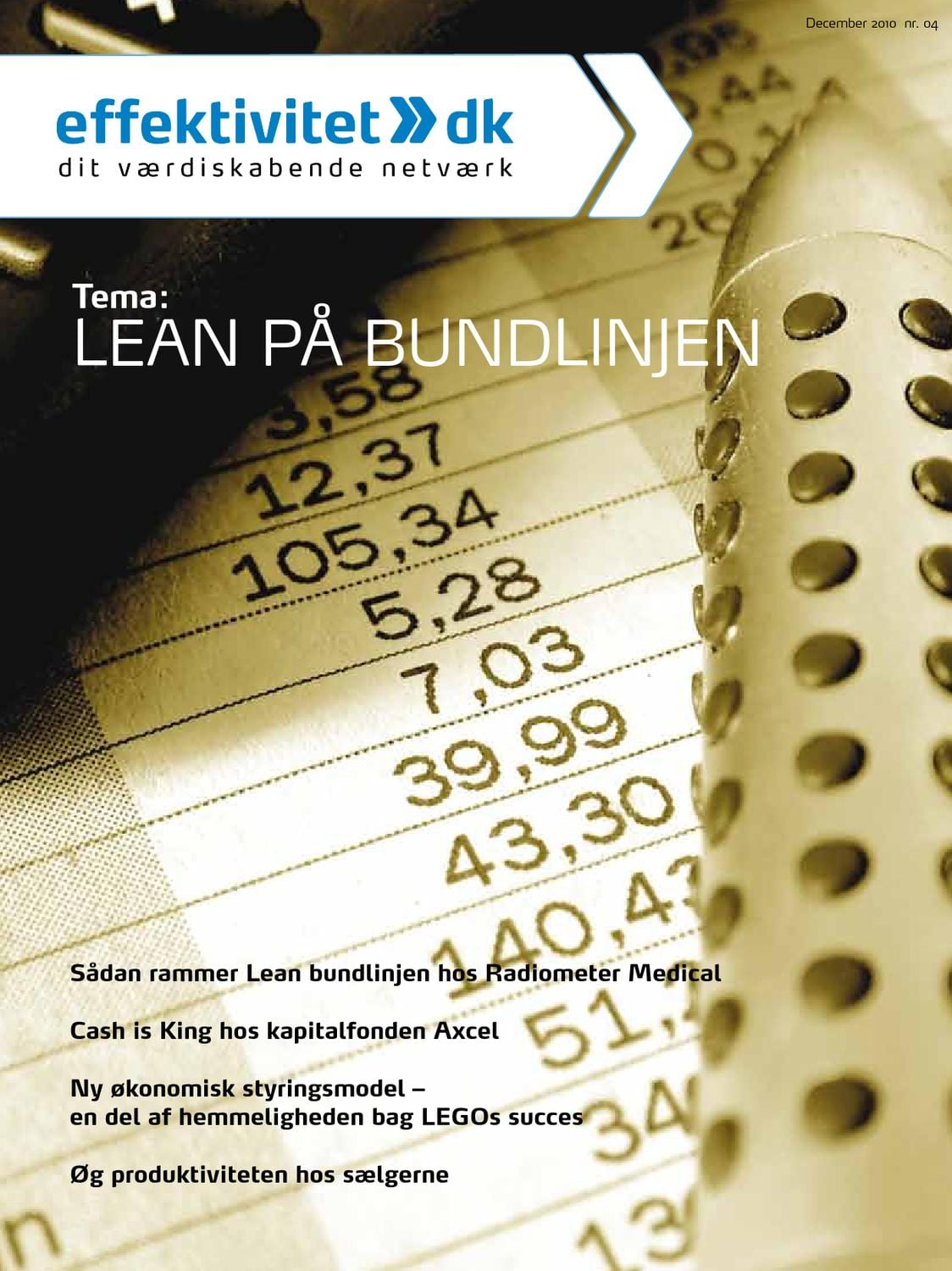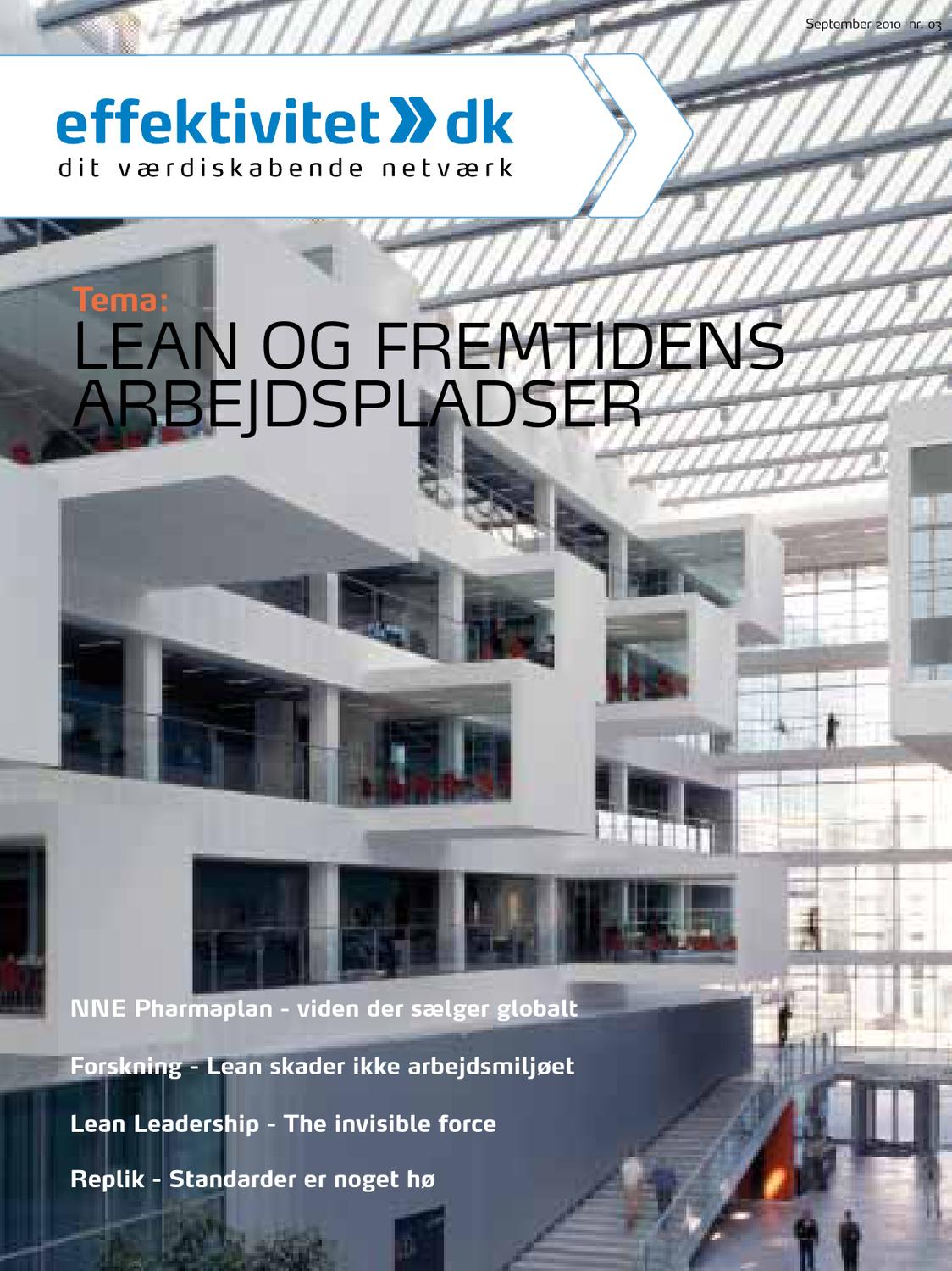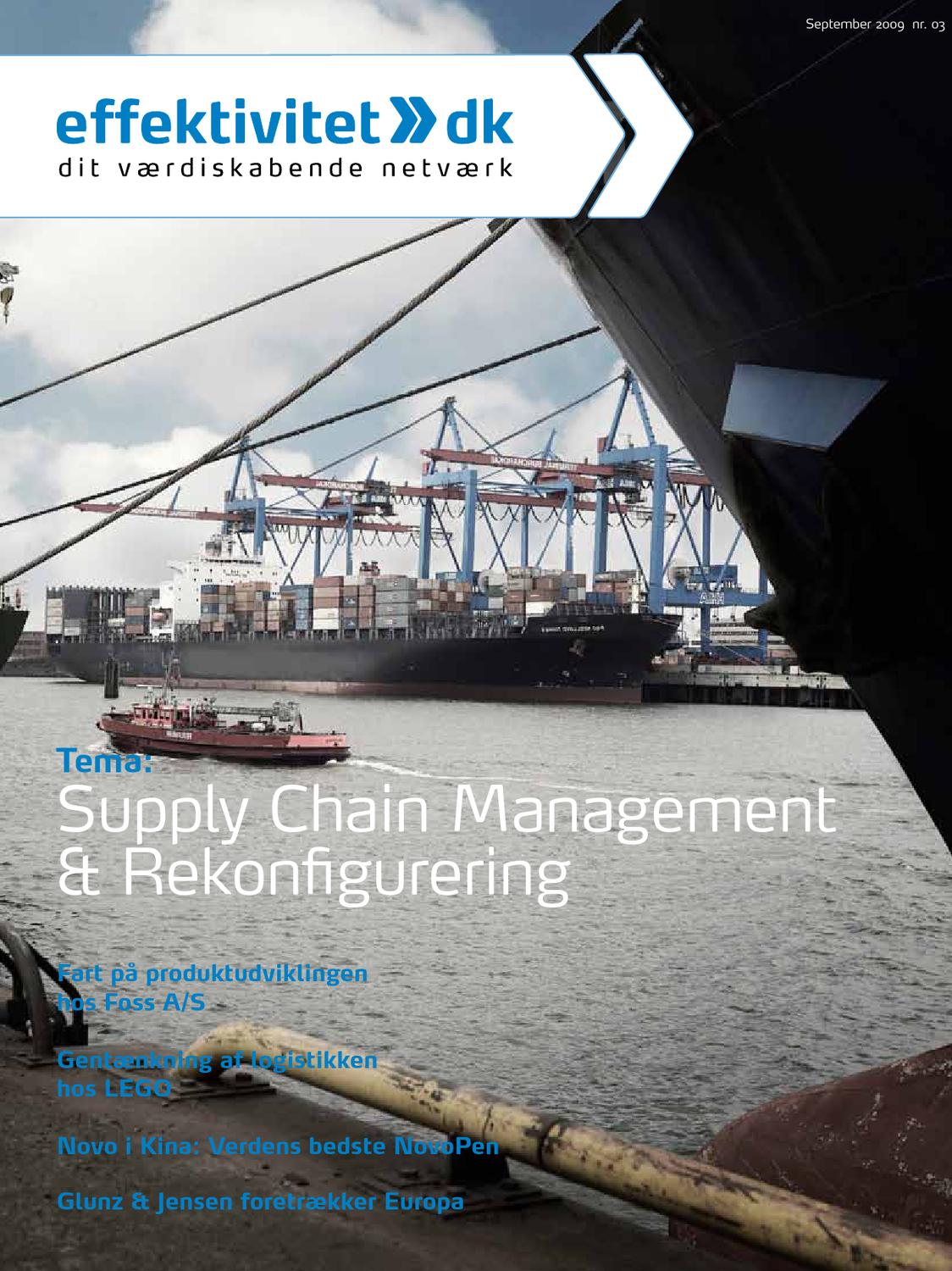How Novy’s Operators Embraced Digital Transformation – and Resist Returning to Paper After Theft of Tablets
Facing challenges with outdated documentation, quality control, and product traceability, Novy – a leader in kitchen appliances – integrated Azumuta’s dynamic work instructions and real-time quality checks. Operators quickly adapted, taking ownership of their digital work instructions and improving quality and efficiency.
Novy: Craftsmanship and Quality
With headquarter in Belgium, Novy is known for their stylish cooker hoods and powerful kitchen appliances.
Their success has allowed them to expand the business to France, Germany, the Netherlands, the UK, Switzerland, Italy, Spain, the Czech Republic, Israel, and Scandinavia.
By visiting their shop floor in Kuurne, it becomes clear that the 260 people, employed by Novy, share their commitment to craftsmanship and quality.
Novy’s Shift to Digital Transformation
In Novy’s factories, there’s a culture of constant innovation resulting in game-changing technologies for ventilation systems.
In May 2021, as the company expanded, and driven by this innovation culture, the company detected an opportunity to improve their work processes: it was time to embrace digital transformation.
Azumuta: A Key Component in Novy’s Digital Transformation
Novy’s digital journey began with the introduction of Azumuta, a manufacturing software designed with the operator in mind, which quickly became a crucial element in the factory’s operations.
Through Azumuta, Novy has been able to advance their digitization efforts and significantly improve their shop floor processes.
This software has had a notable impact on Novy’s customer satisfaction, operational efficiency, and employee morale.
The Challenges of Outdated Documentation
Before Azumuta, Novy had two types of documents on the shop floor:
- Work instructions guiding the operator to produce a product order.
- Quality checklists, executed after production and ensuring quality of the products
Creating and maintaining this documentation was time-consuming and labor-intensive, particularly for the quality department, struggling to keep them updated.
This was largely due to the use of Word and Excel. While functional, these tools made it hard to achieve consistency and posed challenges in formatting text and images.
Outdated Processes: Another Challenge Before Azumuta
Prior to adopting Azumuta, the process for updating instructions was slow and prone to errors. Often it resulted in outdated instructions at workstations because the old versions weren’t removed promptly after updates.
It was very difficult to assess whether the operator was working with the right documents and the quality checks were manually added, leading to mistakes. This caused confusion and production issues and also frustration among the workforce.
A Solution for Work Instructions
At Novy, there were two challenges to solve related to work instructions.
The first one was to eliminate outdated instructions across the shopfloor and ensure that the instructions were linked to the right product order, this would avoid operators working with a wrong work instruction.
The second one was the sequence of processes. In Novy’s production process, one product order often consists of several work instructions (e.g. pre-assembly, final assembly, packaging, etc.). However, there was no conclusive way to ensure that the production process was done in exactly the right sequence that was set out by management.
To solve both issues, Azumuta introduced a barcode system linking each product order to the correct work instructions. Now, the operator scans the barcode of the product order, and Azumuta instantly displays the correct sequence of work instructions on their tablet. This enhances the accuracy of the production process, and it also makes it easier for operators to follow the right sequence of work instructions.
Since Azumuta offers a centralized management of work instructions, once the quality department updates a work instruction in Azumuta, all the tablets display the most up-to-date version of the instructions across workstations.
Azumuta provides dynamic updates and interactive digital work instructions with multimedia elements, improved efficiency, employee satisfaction, and reduced workload on the quality department.
Boosting Productivity and elimination of confusion
Additionally, it helps the management team to track the progress of the product and see whether it is going according to plan or not. Overall, Azumuta’s process management solutions helped Novy to streamline its work processes and optimize shop floor operations resulting in increased productivity, reduced errors, and enhanced customer satisfaction.
“Azumuta’s cloud-based solution has brought a new level of dynamic updates to our shop floor. We no longer struggle with delays in updating and approving instructions. The accessibility and real-time availability of the latest versions have improved our efficiency and eliminated confusion in production.”
Joris Cuvelier -Quality Assurance Coordinator
Addressing Customer Complaints and Product Traceability
Product traceability was a major challenge for Novy before implementing Azumuta.
Previously, when customer complaints arose, Novy struggled with inadequate traceability, making it difficult to verify issues like incorrect or missing accessories, improper documentation, or delivery errors.
To address these issues, Novy adopted Azumuta’s solution to digitally store all critical product order information, enhancing traceability and improving the handling of customer complaints.
Supports entry into the American market
As operators assemble products, Azumuta prompts them to input specific information—ranging from OK/NOK checks and scanning component barcodes to taking photos of the boxed product.
This data is stored and centralized by Azumuta, enabling Novy to swiftly address complaints by retrieving and reviewing relevant product order data.
If for example a complaint concerns missing accessories, Novy can easily access the photo of the boxed item to verify the claim.
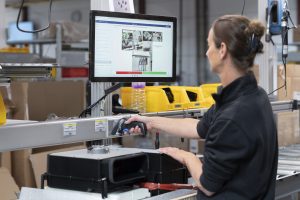
This system speeds up the resolution of customer issues and supports also thorough traceability, essential for UL certification and for entry into the American market.
Moreover, Azumuta’s dynamic work instruction system allows Novy to promptly update assembly instructions and quality checks based on trends in customer feedback, enhancing overall quality control.
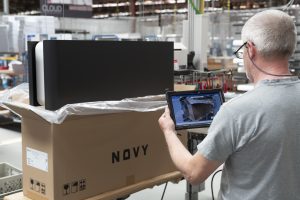
This two-pronged approach—integrating real-time quality checks during assembly and ensuring comprehensive digital traceability—provides a robust defense against customer complaints. It helps maintaining high-quality standards and exceptional customer service.
“With Azumuta, we can have quality checks during assembly, ensuring real-time quality control. For traceability, the product order information is stored digitally, so we can quickly address customer complaints and effectively resolve them. This two-layer system allows us to maintain our high-quality standards and provides exceptional customer service.”
Joris Cuvelier – Quality Assurance Coordinator
Inconsistencies and Inefficiencies
For Novy, quality control is a highly important aspect of the production process.
Before the introduction of Azumuta, Novy inspected their product quality after the production was finalized by letting operators manually fill in a quality checklist.
This way of quality control entailed several disadvantages like human error, such as typos, misinterpretation of instructions, or accidental omission of important details.
In addition, Novy also struggled with the inconsistency of data. Since the quality control checklists were filled in manually by different operators, there was a lack of consistency in the way, the information was recorded.
This inconsistency led to difficulties in comparing and analyzing data across different products or production runs.
Before the introduction of Azumuta, all manual checklists were collected by a quality representative and scanned, which took about 1.5 hours every week.
Digital Quality Control: Reducing Errors and Saving Time
By moving away from manual data entry and embracing Azumuta’s digital quality control, the risk of human errors was significantly reduced.
Additionally, quality control is now always complete as operators cannot finish their tasks without filling in mandatory checks. Going digital with Azumuta ensures standardized data entry and a consistent view on quality.
The operator can now attach pictures or videos to the checklist to provide additional information if needed, rather typing text to describe a product.
Empowering Operators: Azumuta’s Ticketing System for Enhanced Efficiency
Novy understood the importance of capturing feedback from the operators and passing it to production leaders to ensure that everyone is on the same page and can contribute to making the shop floor more efficient.
So they introduced Azumuta’s ticketing system feature, enabling operators to flag certain issues or improvement ideas, and adequately resolve these issues in a standardized approach.
Operator-Driven Quality
When operator detect a deviation during production on the shop floor, they can report them by creating a ticket. All the information about product orders and work instructions etc. is automatically stored on the ticket, and the operator can add text or photos to capture.
These tickets allow management to take the appropriate actions on shop floor issues.
With this system, Novy went from having a reactive approach to issues, solving them after production, to establishing a system of continuous quality control and real time feedback led by operators.
This approach gives operators a much more active role in keeping the overall production process updated and ownership, when it comes to quality and process optimization.
Next to the ticketing system, relevant data from the shop floor can be provided by the operators, while they follow the work instructions.
Through Azumuta, they are asked to provide input to specific quality metrics of the product being produced.
For instance, at a particular stage, operators are required to insert a motor into the product.
The operator scans the motor and Azumuta captures this and immediately compares it to the quality parameters stored in the product order.
This continuous monitoring and feedback enable Novy to promptly identify and rectify any errors made by operators, thus reducing the likelihood of delivering batches of defective products.
Concerns About Azumuta’s Digital Transition
One of Novy’s major concerns before the introduction of Azumuta was, how the operators would react to the digitization process.
The staff had been accustomed to using paper for all operations, so it was uncertain, how they would adapt.
However, once the pilot began, operators quickly embraced Azumuta, and the way it guides them.
They also provided positive feedback on the ticketing system.
Operators Resist Returning to Paper After Tablet Theft
A couple of months after the implementation, Novy faced an unexpected setback during the summer, when all the new tablets with Azumuta were stolen.
As a temporary measure, they had to go back to working with paper.
To the surprise of the management team, the operators showed a strong resistance returning to paper-based workflows.
They had experienced the efficiency of digital operations and did not want to go through the hassle of searching for the right instructions or checklists and writing everything down manually.
This confirmed Novy’s belief that they had made the right choice by going digital, particularly with Azumuta.



